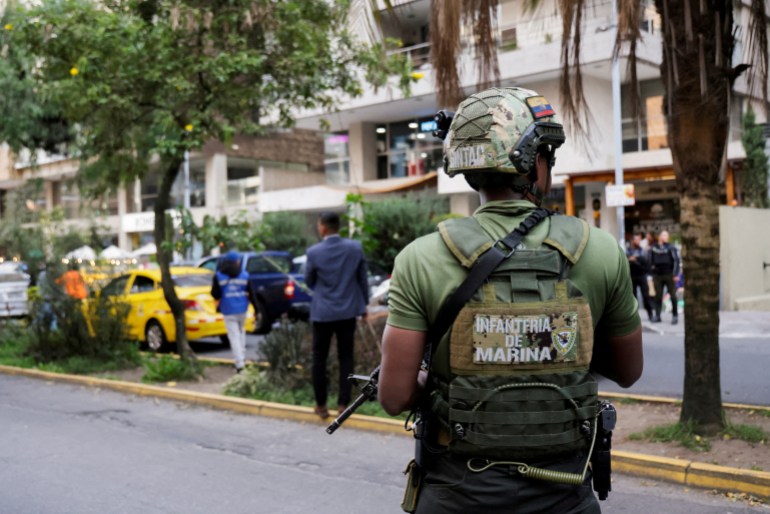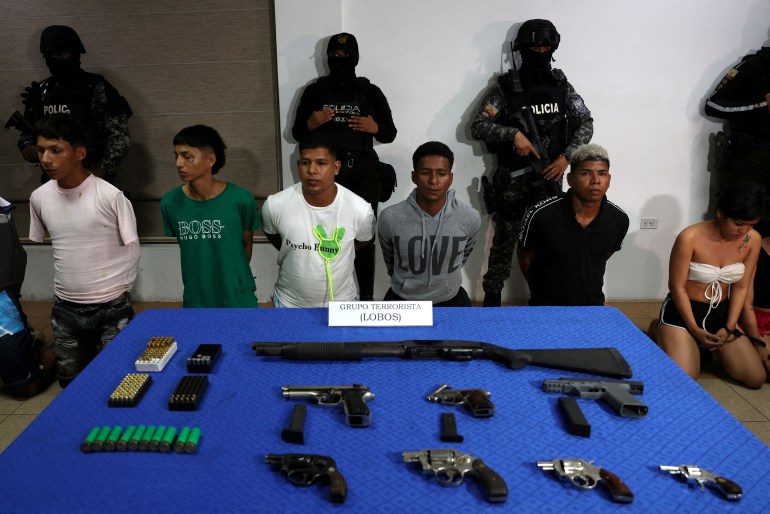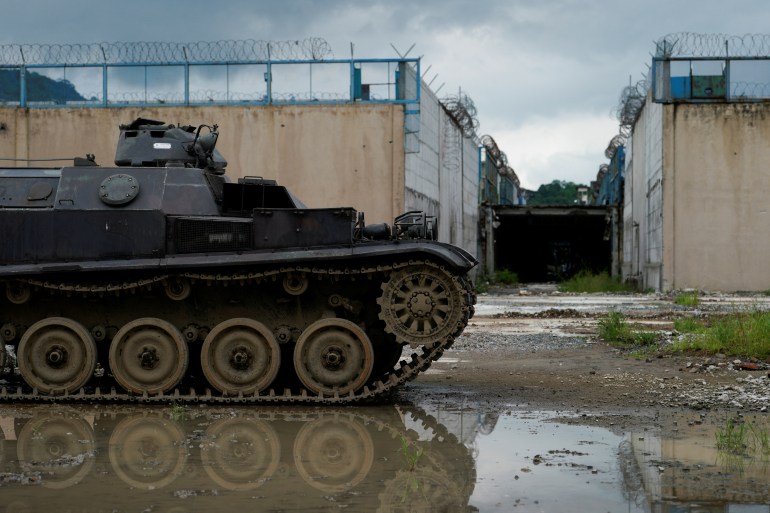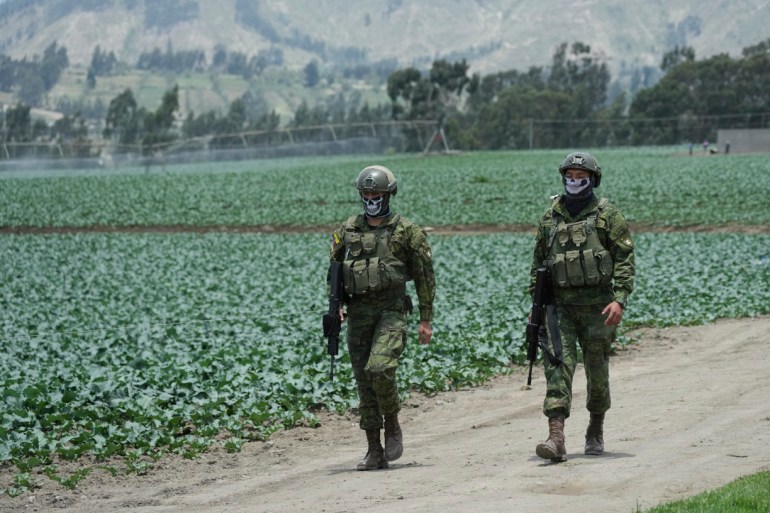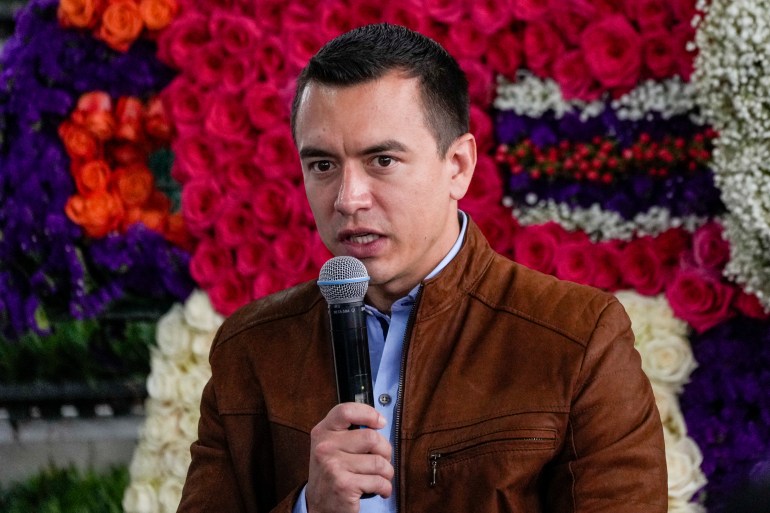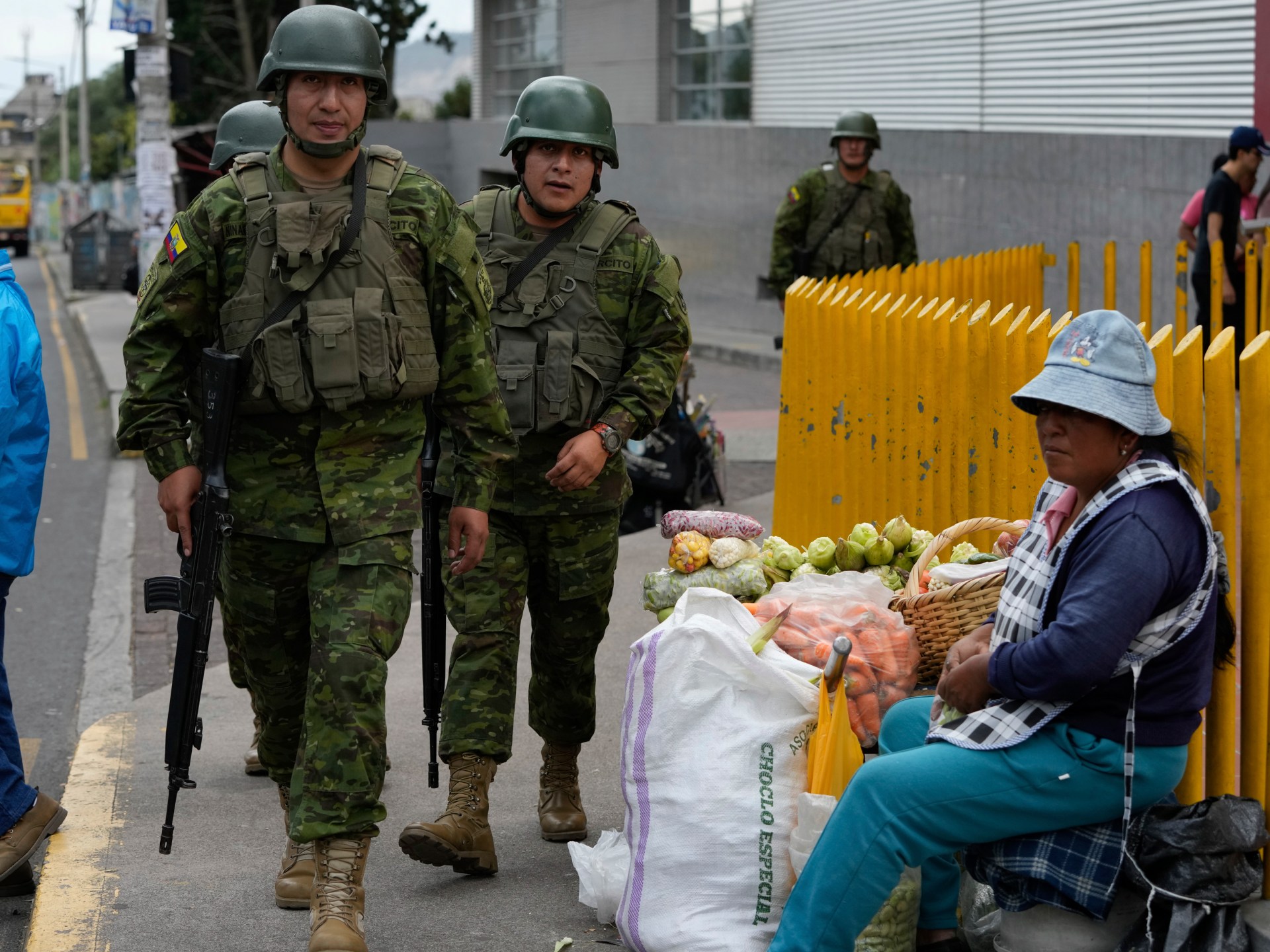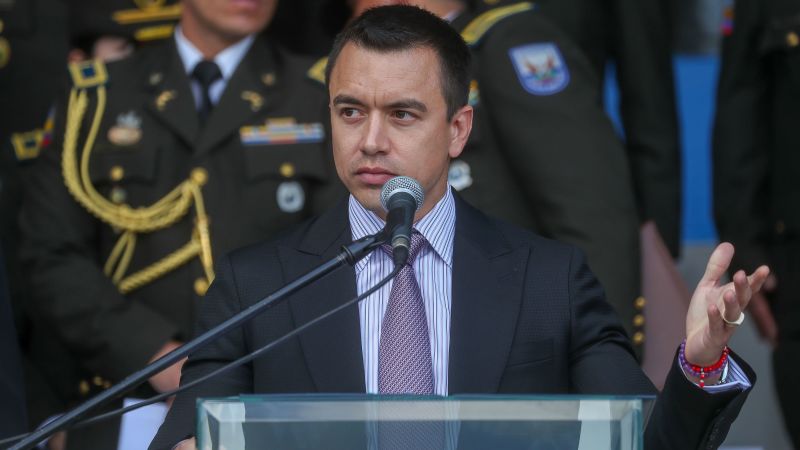
In a historic referendum on April 21, 2024, Ecuadorians went to the polls to decide on several key issues that would significantly impact their country's security and future. Among these proposals were questions regarding the extradition of criminal elements to US prisons, deploying the army in pursuit of gangs labeled as terrorists, and loosening obstacles for international financial disputes settlement through arbitration.
The referendum came at a critical time for Ecuador. The country had been grappling with a wave of violence and crime that saw its homicide rate reach an alarming 40 deaths per 100,000 in 2021. President Daniel Noboa, who took office in November 2023 after the resignation of Guillermo Lasso amid corruption allegations, had declared an 'internal armed conflict' and deployed the army to combat more than 20 gangs classified as terrorists.
The referendum was seen as a test for Noboa's popularity and his ability to address the security concerns that had plagued Ecuador. The majority of questions focused on tightening security measures, including deploying the army in the fight against criminal gangs, loosening extradition obstacles, and lengthening prison sentences for drug traffickers.
The results of the referendum were expected to provide a clear mandate for Noboa to continue his tough-on-crime agenda. However, opposition groups like CONAIE called on voters to reject all proposals due to perceived political ambition from the government.
Despite concerns over human rights and potential violations of international law, many Ecuadorians believed that drastic measures were necessary to restore order and safety in their country. The referendum represented a significant moment in Ecuador's history, as its people sought to take control of their future and address the challenges facing their nation.
